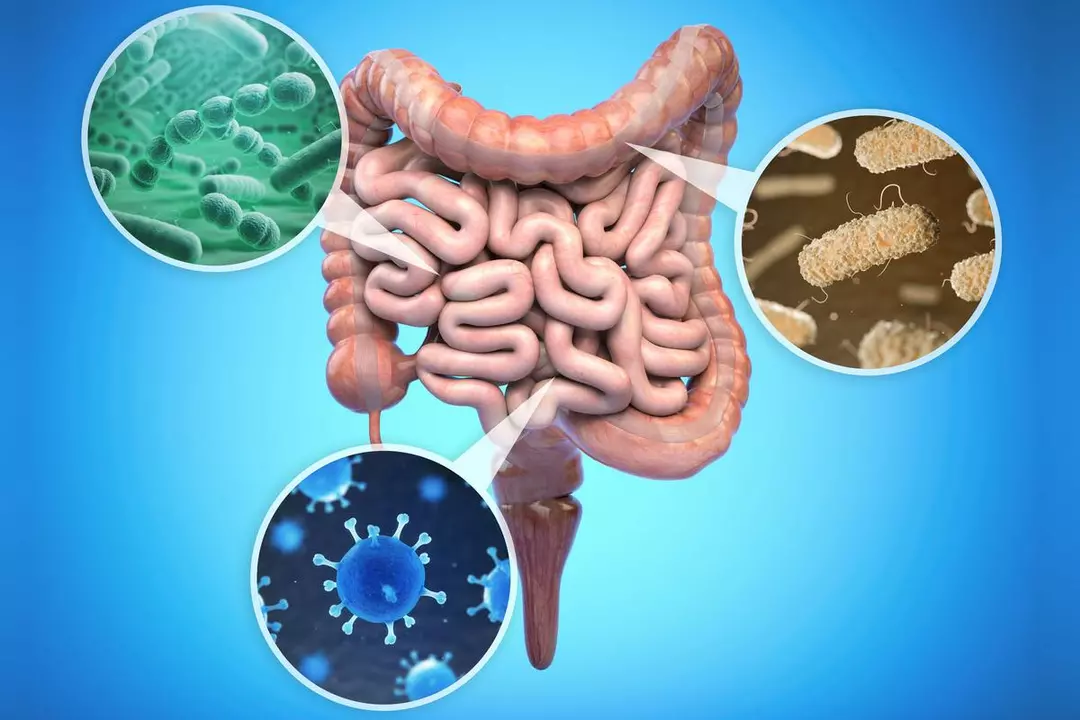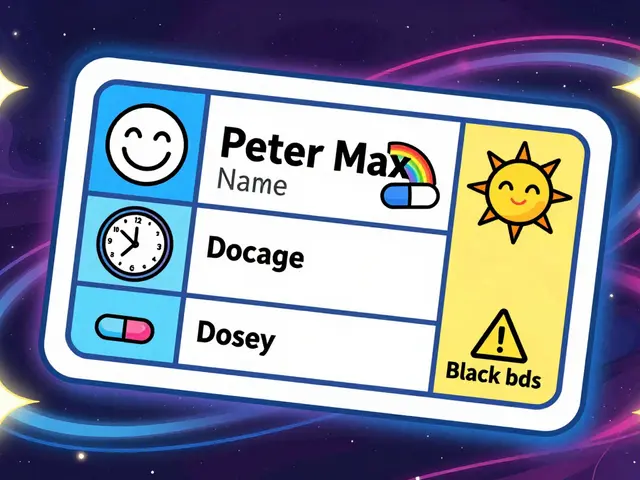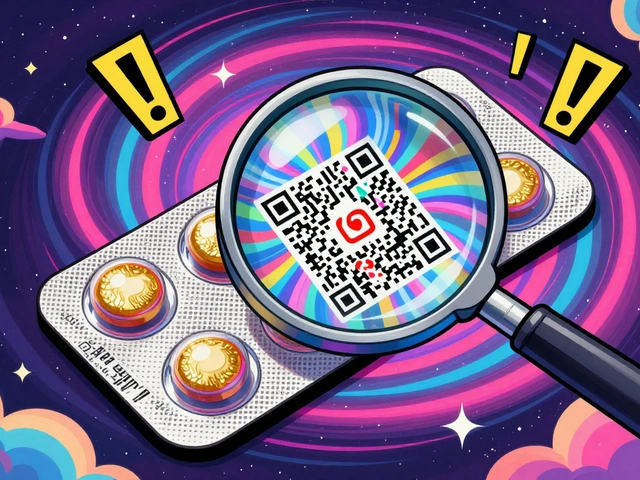Anal Itching Relief: Fast Tips, Causes & When to See a Doctor
If you’ve ever felt an annoying itch down there, you know it can ruin your day. The good news is most cases have simple fixes and don’t need expensive treatment. Below we break down what usually triggers the itch, what you can do at home, and when it’s time to get professional help.
Common Triggers You Might Overlook
Even tiny things can set off an anal itch. Food irritants like caffeine, spicy dishes, or citrus can cause a burn after you go. Sweaty underwear, tight pants, or prolonged sitting trap moisture and let bacteria grow. Skin conditions such as eczema or psoriasis also love the warm, moist area. Finally, infections – from pinworms in kids to yeast overgrowth in adults – are frequent culprits.
Safe Home Remedies That Actually Work
Start with a gentle cleaning routine: use warm water and a mild, fragrance‑free soap. Pat dry instead of rubbing; excess moisture fuels irritation. Over‑the‑counter creams containing hydrocortisone can calm inflammation for a few days, but don’t overuse them – the skin gets thin.
Apply a thin layer of petroleum jelly or zinc oxide ointment after washing. These create a barrier that keeps stool and sweat from touching raw skin. If you suspect a yeast issue, an OTC antifungal spray (like clotrimazole) applied twice daily for one week often clears it up.
Diet tweaks help too. Cut back on alcohol, caffeine, and spicy foods for a few days and watch if the itch eases. Adding fiber to your meals makes stools softer, reducing rubbing during bowel movements.
When these steps don’t bring relief in about a week, or the itching is severe, see a doctor. Persistent itching can signal hemorrhoids, anal fissures, or an infection that needs prescription medication. A health professional can also rule out more serious conditions like inflammatory bowel disease or skin cancers.
If you’re already on medication for another issue – say steroids for asthma or antibiotics for a cold – let your doctor know. Some drugs thin the skin or alter gut flora, making itching worse.
In short, most anal itching is harmless and fixes itself with better hygiene, a barrier cream, and small diet changes. Keep an eye on how long it lasts, whether you notice blood or pain, and don’t hesitate to ask a pharmacist for OTC recommendations if you’re unsure. When in doubt, a quick visit to your doctor can clear things up fast and get you back to feeling comfortable again.
The Role of Probiotics in Preventing Anal Itching
As a blogger, I've recently come across the fascinating topic of probiotics and their role in preventing anal itching. In my research, I found that probiotics can help restore the balance of good bacteria in our gut, which can in turn prevent infections and inflammation that may lead to anal itching. These beneficial microorganisms can also improve our overall digestive health and boost our immune system, further reducing the risk of itchiness. I highly recommend incorporating probiotics into your daily diet, either through supplements or probiotic-rich foods like yogurt, kefir, and sauerkraut. By doing so, you can not only prevent anal itching but also promote a healthier gut and overall well-being.






